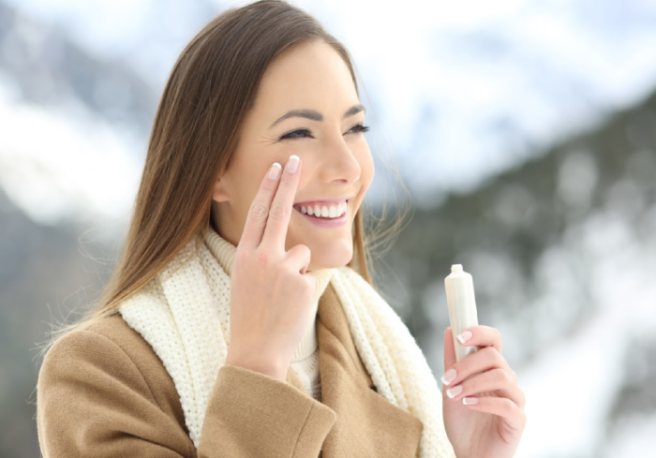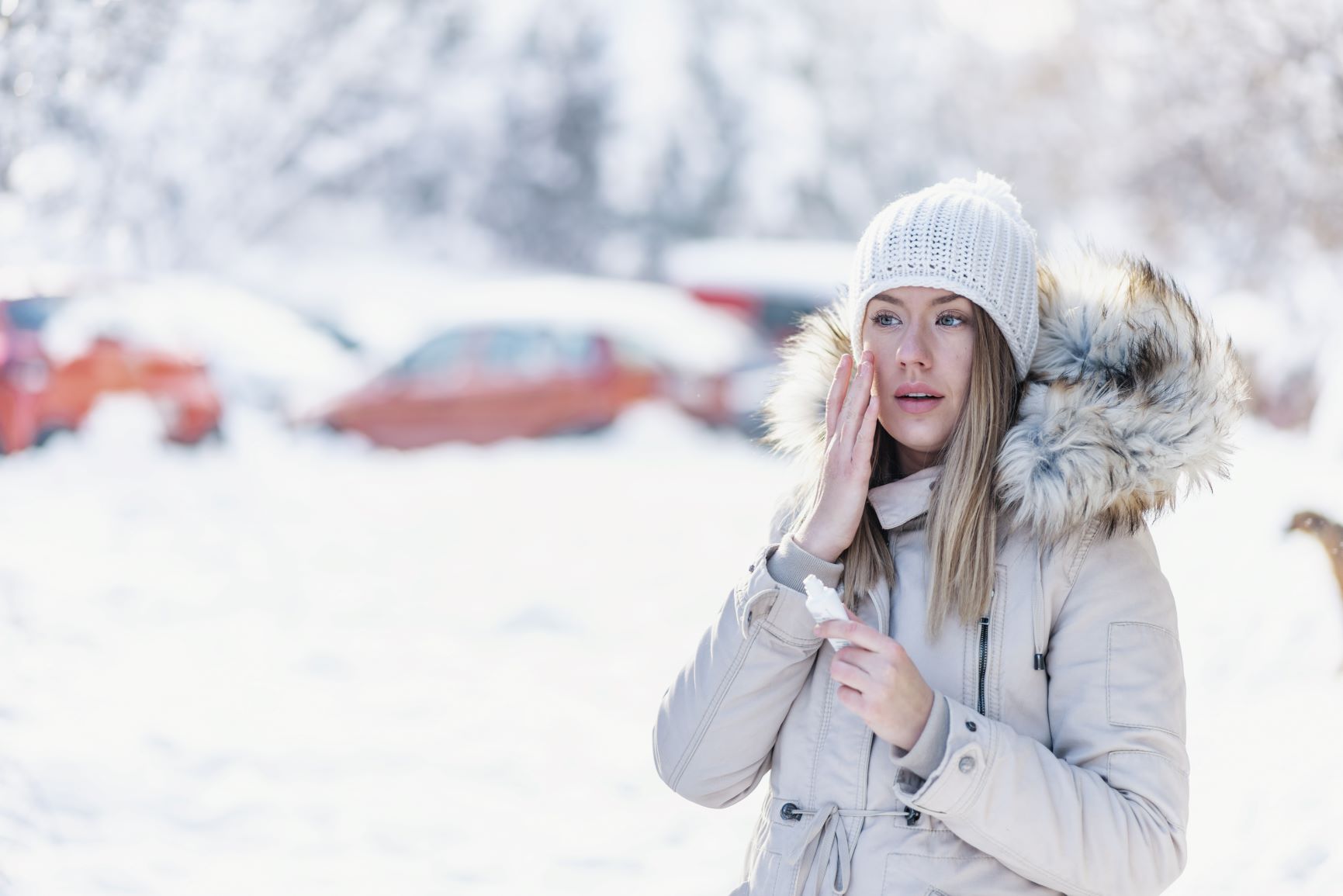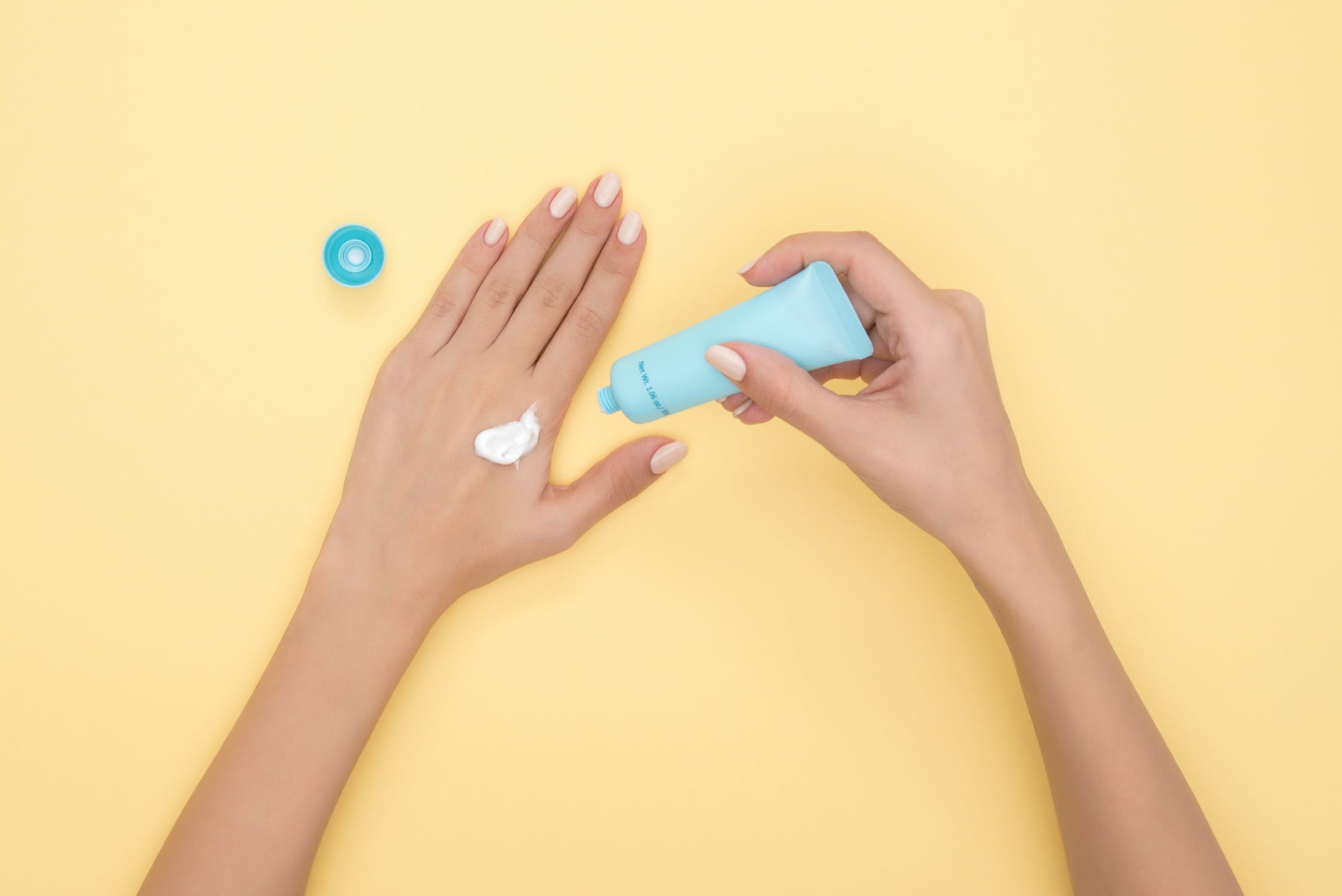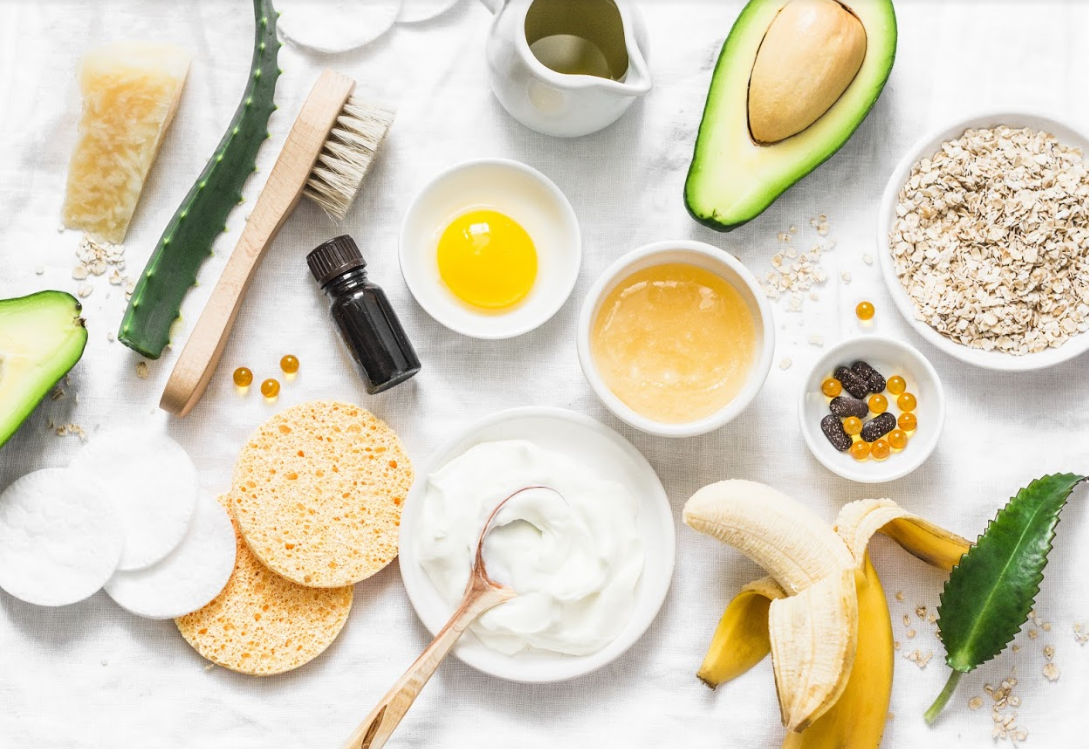
5 Winter Skincare Tips For Plump And Hydrated Skin
If you’re a self-conscious person, you may have noticed how your skin texture changes along with the changes in season. Unfortunately, winter months usually entail a colder climate, leaving your skin drier due to dry air. As a result, both males and females typically complain about parched, dry, and itchy skin during the entire winter season. Before the cold climate wreaks havoc on your skin, try out different ways and tips to hydrate your beloved skin.
When the temperature drops, humidity also drops, leaving a drier atmosphere for everyone. Although humans have different skin types, many experience having their skin condition in a less-than-ideal one. Thus, it’s best to know what to do before the colder months will come.
Apply the tips below to keep your skin hydrated and plump during winter.
Use Oil-Based Moisturizers
You may be using moisturizers even before winter, and your skin will thank you for that. However, in the winter, you should use moisturizing face oils. These oil-based moisturizers will keep your skin hydrated and help get it conditioned despite the dry air.
No matter where you go, whether you decide to stay home or go out, it’s best to apply these moisturizing face oils. You remove your skin’s natural oils when you wash your face, hands, or body. Therefore, it’s crucial to replace these oils since they’re vital to keeping moisture in your skin. Hence, moisturizing your skin after you wash it is imperative, especially during the wintertime.
Keep a small travel-size moisturizer near your sink and keep a big bottle of moisturizer beside your bed or closet. Now, for dry areas, such as hands, feet, elbows, knees, and lips, overnight treatments that provide deep moisturizing can be considered. Make sure that cotton gloves and socks are worn to help prevent moisture from escaping.
Consider Having An Air Humidifier In Your Home
In arid climates, the skin gets drier. To keep your indoor air quality moister and more humid, buy a humidifier and use it in your home areas where you spend the most time in. The cool air humidifier helps keep the skin’s barrier hydrated by increasing the moisture in the air. You should also keep the heater set to a moderate level so that your home’s indoor air won’t become so dry.
Use Gentle And Fragrance-Free Skin Cleansers
Using the wrong soap can aggravate dry, itchy skin. And, with the winter months, someone who already has dry skin could have a much drier skin condition. In addition, the ingredients and fragrances in regular bar soaps can irritate your skin. So, it would be best to bypass these cleansers and use fragrance-free, moisturizing, or gel-based ones.
Additionally, winter skin problems can be prevented by eliminating soap in areas of the skin that are prone to drying. You can limit the use of soap only to areas that need deep and thorough cleansing, like the armpit, legs, and feet. But, as for the face, use non-drying skincare products or do some double-cleansing to get rid of radicals and leftover cosmetics.
Don’t Disregard Wearing Sunscreen
Despite not having strong sunshine, it doesn’t mean you should forego using sunscreen. Even during the wintertime, the sun still entails UV rays that may cause skin damages. Especially when you’re out to play in the snow, go skiing, or snowboarding, it’s best to wear sunscreen. In addition, dermatologists recommend applying sunscreen even when you’re just inside your home.
Also, don’t be deceived by darker, grayer days during the winter. Although clouds block the sun’s harmful rays, they can still damage the skin. So, make sure that all of your exposed skin is protected with a broad-spectrum sunscreen of SPF 20 or higher before you go outside during the winter season.
Change Your Diet
The gut is directly connected to skin health, which may explain the beneficial effects of consuming more fats. This, however, doesn’t refer to unhealthy fats that could lead to higher cholesterol. Fats, in such context, mean you can change your diet by eating more food that contains olive oil, avocados, walnuts, and almonds. You may also try to avoid diuretics, like alcohol, coffee, and other caffeinated drinks, as they’ll only cause dehydration. To replace such beverages, it’s best to go natural and drink more water instead.
Winter is a time when not only your face but also other exposed parts of your body become flaky, itchy, and dry. This is primarily due to dry air and lesser humidity. With the tips mentioned above, you can avoid having these skin conditions.
Moisturizing your skin frequently with appropriate products is key to keeping your skin healthy. It’s vital to choose the right cleanser, moisturizer, and sunscreen, and consider having an indoor humidifier so your skin can retain its moisture all day long.









